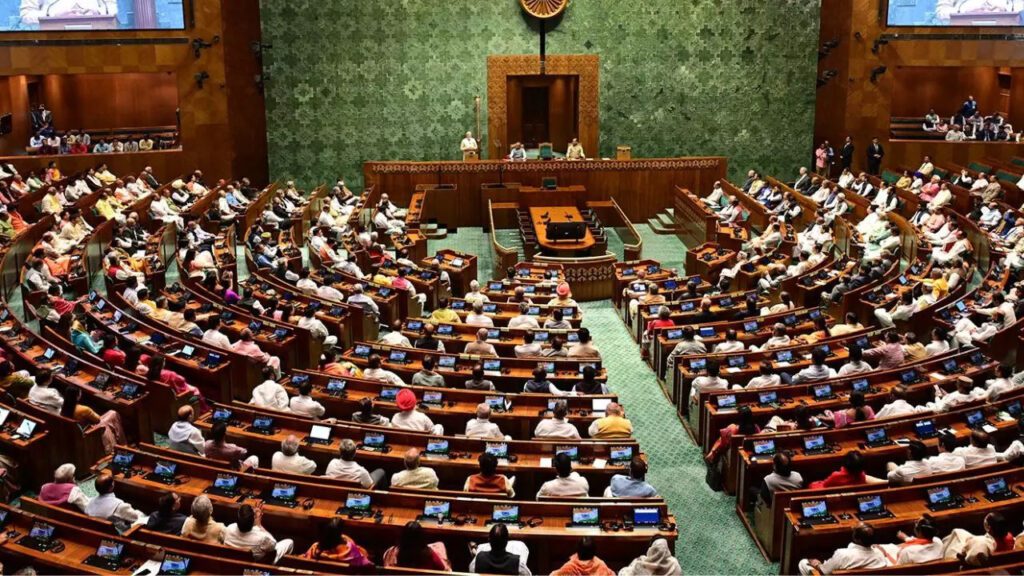The Union government’s proposed amendment to the Waqf Boards Act 1995 has ignited a political controversy. Opposition parties claim that the amendments are intended to strip the Muslim community of their land, assets. And the “freedom to manage religious affairs” guaranteed under Article 26 of the Indian Constitution. In response, the ruling NDA argues that the call to regulate Waqf boards originates from the Muslim community itself. If you’re curious about the controversy, here is a brief explainer on what Waqf property is and what the proposed amendments entail.
Also read: Dhaka crisis: Sheikh Hasina ally Ziaul Ahsan removed from Army and detained in Dhaka
Key Provisions of the Amendment Bill, 2024
In essence, the Amendment bill seeks to limit the authority of Waqf boards in managing their properties and introduces greater government oversight. The bill mandates the registration of any Waqf property with the District Collector’s Office for evaluation purposes. It further stipulates that “any government property identified or declared as Waqf property, before or after the commencement of this Act, shall not be deemed a Waqf property.” The District Collector will have the final authority to determine whether a property is Waqf property or government land, and their decision will be conclusive.
Also read: India’s Capacity to Assist Bangladesh Amidst Ongoing Crisis
Role and Structure of Waqf Boards
A Waqf board is a legal entity with appointed members responsible for managing Waqf properties. The board designates a custodian for each property to ensure its proceeds are utilized for their intended purposes. Established in 1964, the Central Waqf Council (CWC) oversees and advises state-level Waqf Boards across India. According to the Ministry of Minority Affairs, the CWC also provides guidance to the central government, state governments, and Waqf boards on the management of their properties.
Also read: PM Modi Orders IOA on Phogat’s Olympic Disqualification
Definition and Purpose of Waqf Property
A Waqf property refers to movable or immovable assets dedicated in the name of God for charitable purposes through a deed or an instrument. This practice has existed long before formal documentation began. So properties that have been in use for a long time can also be considered Waqf properties. Waqf properties can serve public charitable purposes or be held privately to benefit an individual’s descendants. These properties are non-transferable and are perpetually held in the name of God. The proceeds from a Waqf typically fund educational institutions, graveyards, mosques, and shelter homes, benefiting a large number of Muslims.
Also read: Defence Ministry Refuses to Disclose Armed Forces Personnel Shortage Details











More Stories
गोवा में टैक्सी संकट: चालकों का विरोध तेज, सरकार ने सरकारी ऐप से जुड़ने की अपील की
Prey Decline Fuels Tiger-Human Conflict in East India
Ee Sala Parade Namde: RCB’s victory procession to light up Bengaluru today with Virat Kohli and team in the city